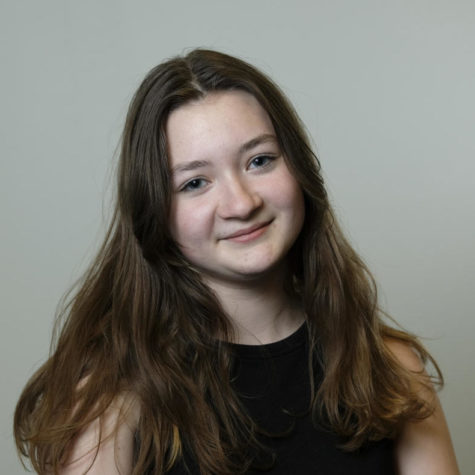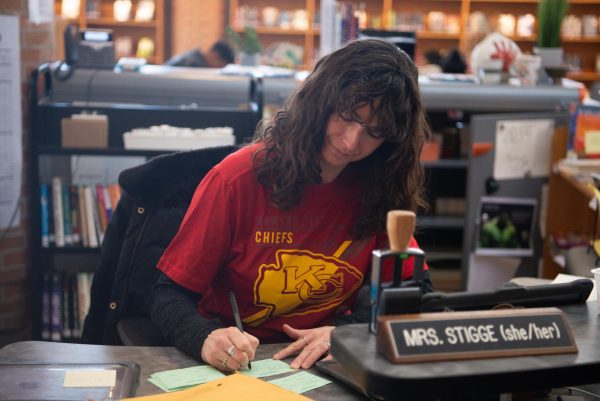Black Lives Matter Protest
Former NW Students Organize and Speak at protests in Shawnee
July 14, 2020
Hundreds of people gather in unity, waving poster board signs that demand an end to racial inequality and police brutality. People with megaphones shout chants like “Black Lives Matter!” and “Say Her Name!” with enthusiastic responses from the protestors all around them. Several cars honk their horns while passing and raise a fist to show their solidarity towards the protestors that demand righteous action for black lives.
Anna Schmidt and Ryan Gentry are the two NW alumni who organized the protest a week after George Floyd was killed by a Minneapolis police officer. They created the protest for young people to have an opportunity to go out and raise awareness of racism.
“We wanted everyone to feel welcome,” Schmidt said. “We wanted people who weren’t given permission by their parents to go to the Kansas City protests to be able to come to this one.”
NW graduate Julian Kuffour was requested to speak at the protest by Gentry and Schmidt. In his speech, he spoke about how tired he was of waking up in the morning and wondering if he would be killed because of the color of his skin. He doesn’t know if he’ll live to see another day because of that fear. In his speech in front of the City Hall, he calls out individuals who think that they’ve “done enough.”
“Do all lives matter when you sit by and let your friends call your other friends the n-word?” Kuffour said. “Then, you show up to the protest to watch the black person speak like that somehow makes you ethical?”
His fear is not only of being killed, it is also of being treated differently or labeled as a threat. Kuffour is frequently followed in stores and mislabeled as aggressive. He even says that the stereotype of being mislabeled as ungrateful or confrontational is present in his classroom in Los Angeles.
“I almost never participate in class discussions,” Kuffour said. “When I’m in the classroom, and I want to make a point, I commonly shy away from doing so, because it feels as though I’ll be read as confrontational.”
NW graduate Ally Banks, who was also at the protest, has also experienced similar instances throughout her life. Banks was only 10 years old when she experienced her first encounter with police.
“My sister had a dermatology appointment, and it was a more white prominent neighborhood,” Banks said. “We went in, and when we came out, there was a police officer standing next to our car because someone had accused us of leaving a door dent on a car that had gotten there after we went into the building.”
Banks says that there’s no way it could have been them, but they assumed it was because of her skin color.
Schmidt and Gentry plan on creating more of these protests in other Johnson Country areas, and they are planning on having one in Merriam.









